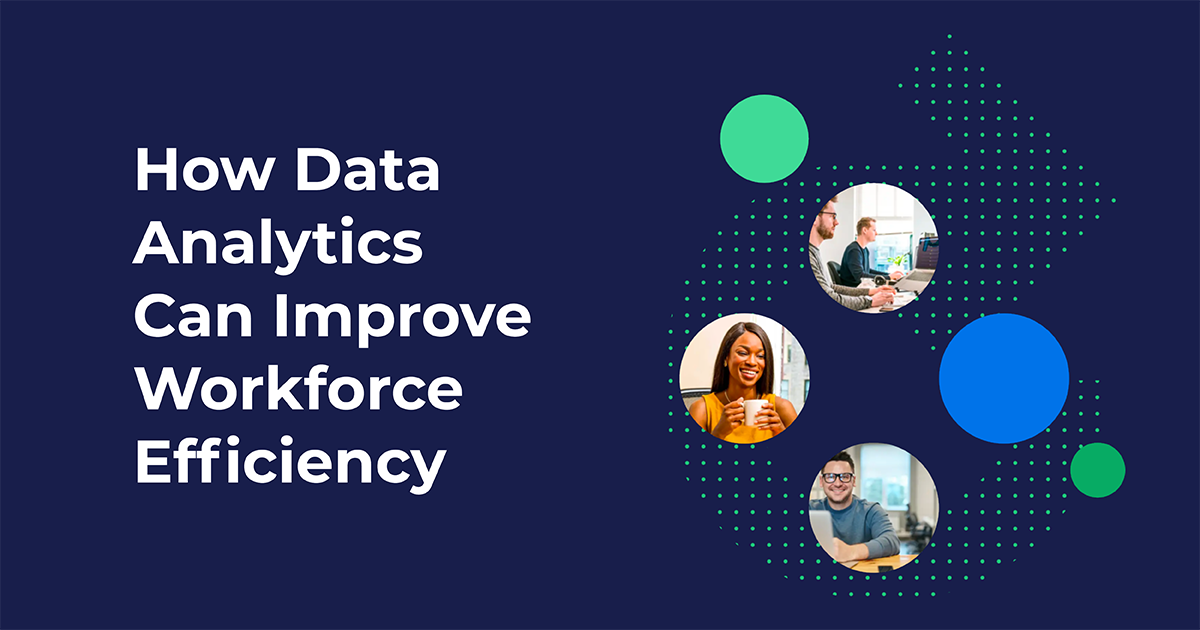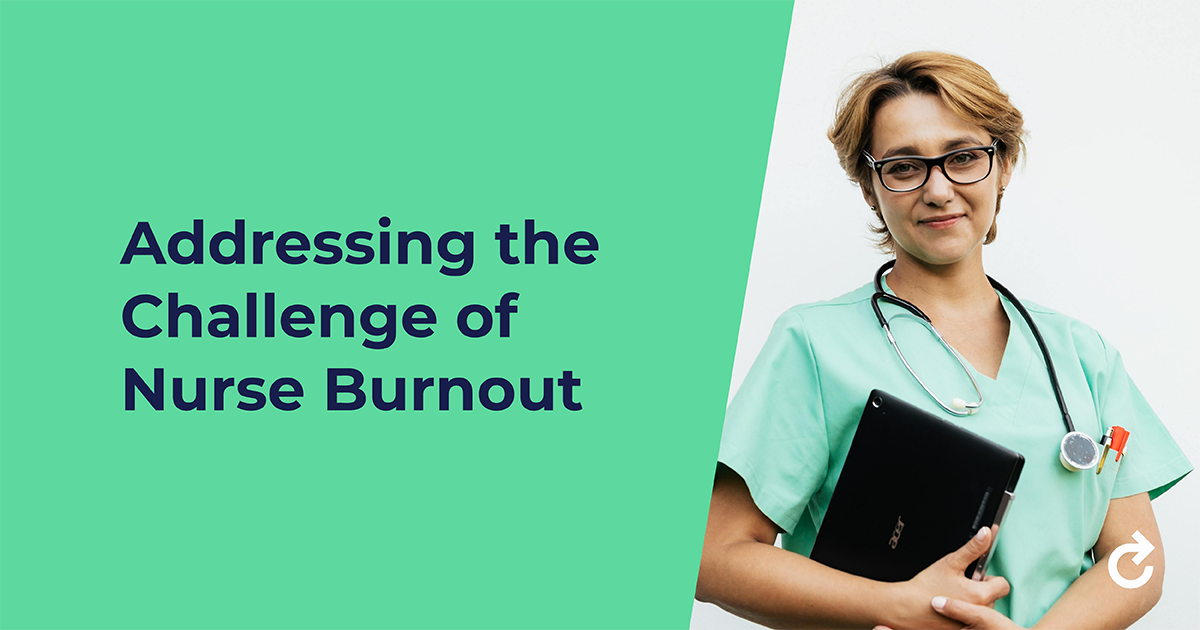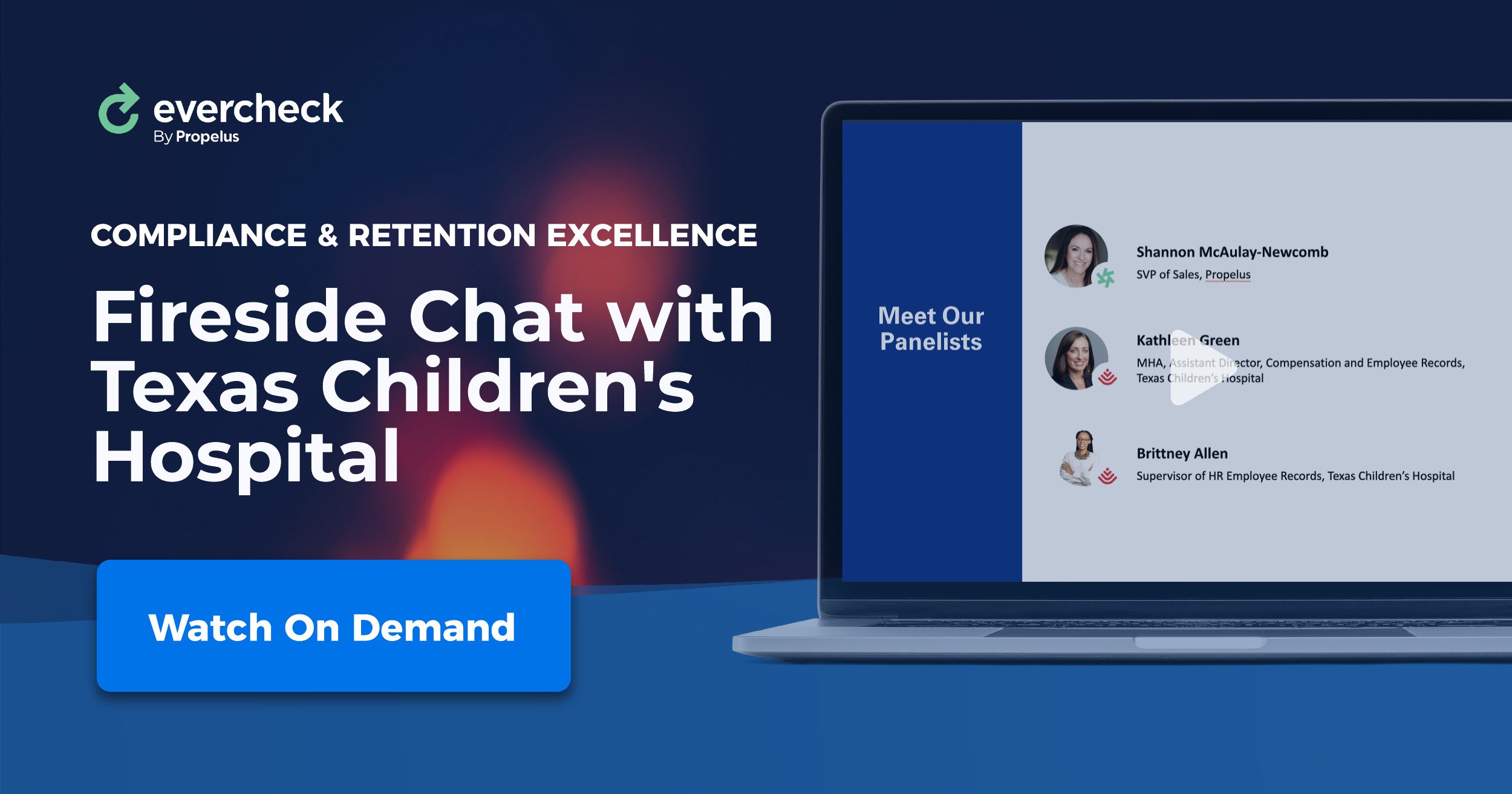
In the midst of a merger or acquisition, it’s hard not to get caught up in the lingering questions around what will happen - to your role, the processes you’ve helped develop and implement, and the contributions you’ve made to the organization. Will they hold up? What about the initiatives that are currently in progress? Is it worthwhile to continue pursuing those?
Mergers and acquisitions in the healthcare services space are proving they’re here to stay. According to one PwC report, M&A volume for Q1 2018 exceeded 200 deals for the fourteenth quarter in a row. So it’s likely that you’ll witness or be directly impacted by a merger or acquisition at some point in your career.
That’s your best opportunity to make real change.
It seems counterintuitive, but you may be more likely to push meaningful initiatives through red tape because of a looming merger than you might be on any other average day. Do you believe your organization has built quality processes, implemented superior technology, and has the best resources to get important jobs done? Now is the time to be an example for others to follow.
Now let’s get specific about license, certification, and registration (LCR) verifications (after all, that’s what we at EverCheck are best at). We’ve run across quite a few companies that were in the midst of an M&A and grappled with the idea of implementing a new solution for LCR verification. It’s not the right time. The larger health system we’re merging with may not be on board. We need to wait until the merger is complete. We’re operating two different systems of record.
 These are all completely understandable objections, and M&As are a lot of work in their own right. But let’s talk about these objections one by one and assuage your concerns.
These are all completely understandable objections, and M&As are a lot of work in their own right. But let’s talk about these objections one by one and assuage your concerns.
Objection #1: Now isn’t the right time to think about implementing a new solution for LCR verification.
Fair enough. Consider this: someone has to continue verifying LCRs to remain compliant no matter what, right? That process can either be manual, or it can be automated. Automation means that those staffing resources are free to focus on other important tasks related to the transition and the day-to-day. In a few short weeks, you can automate LCR verification for your entire licensed population and be confident that candidates and employees verified by EverCheck are compliant. And considering some M&As can take years to finalize, implementing a solution means that you can be confident in your processes during the entire transition period, however long that ends up being.
Objection #2: We’re not sure the health system we’re merging with will be on board with the new solution.
Forgiveness, not permission. Putting an automated solution in place before the merger will allow the other entity to see that your organization has modern, efficient processes in place. That’s a good thing, and it will most likely motivate them to get on board with it if they don’t already have a solution of their own. And because EverCheck verifies licensure every day (and is the only solution on the market to do so), your solution will likely supersede their effectiveness and compliance.
Objection #3: We should wait until primary functions like payroll are fully addressed before we think about LCR verification.
Primary source verification doesn’t always seem like a primary function. We have a sneaking suspicion it’s because people notice when you don’t pay them; they rarely notice if you haven’t verified their licenses lately. LCR verification is a primary function because it’s required by regulatory agencies for continued compliance. Addressing this function in conjunction with other functions means you’re able to automate sooner, allowing your team to focus fully on other primary functions such as payroll. And remember, audits and surveys don’t pause for mergers. Implementing a solution now means less risk later.
Objection #4: This function may not fall in my wheelhouse anymore once this M&A goes through.
Great, now is your chance to be a hero. Implementing a solid solution while the task is still yours to manage will speak volumes to your dedication and willingness to go into the merger with solid processes and clean data. No one wants to inherit someone else’s mess; you’re proving that your processes are anything but.
Objection #5: Our organizations operate on two separate systems of record (HRIS), housing two employees. It seems simpler to wait until they’re consolidated, so there isn’t any disruption in the data or which LCRs EverCheck verifies.
EverCheck verifies LCRs for employees that are currently within your system of record. Once the merger is complete, and candidates/employees are centralized into one system of record, we’ll be able to easily add the rest of the employees to daily verification. Plus, implementing EverCheck within your organization now sets a standard for what to expect when the merger is complete. You’ll also be a resource to help the new team transition to automation.
Objection #6: This seems like an impossibility right now.
Let’s talk. Our team has worked with various health systems that were in the midst of M&As and implemented EverCheck successfully. No two organizations are the same, so each implementation presents its own set of challenges. Therefore, our implementation team is prepared to bring past experiences and best practices to the table and work with you on creating a process that works for your organization.
Our goal is to ensure healthcare organizations don’t have to compromise on something as important as primary source verification during times of transition. We’re here to help. Contact us if you’re curious about what EverCheck could look like for your organization during your M&A.




